Russian Strike on Kyiv Kills 31 Civilians
A Russian strike on Kyiv killed 31 people, including five children, highlighting escalating conflict and strong global response to this tragedy.
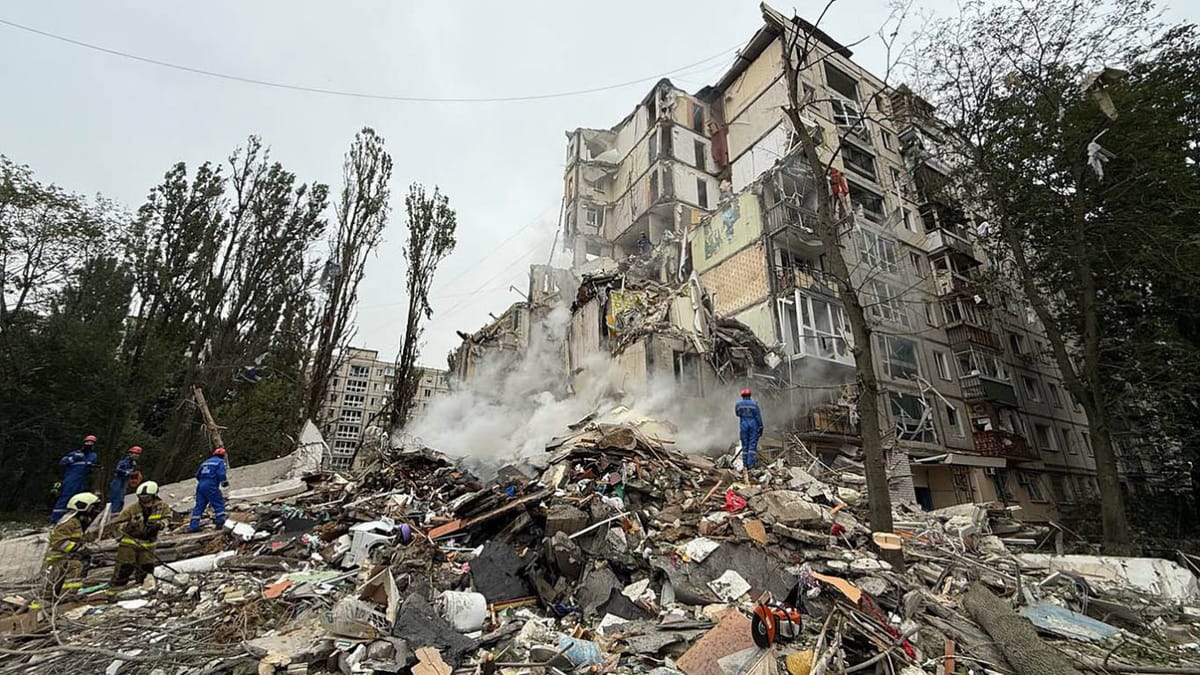
The Ukrainian capital, Kyiv, once again witnessed tragedy after a massive Russian air strike killed at least 31 people, including five children. Powerful explosions shook several densely populated districts in the morning, destroying apartments, schools, and a children’s hospital. This incident became one of the deadliest attacks of 2025, prompting international condemnation and intensifying global pressure on Moscow.
This latest strike involved a combination of kamikaze drones and cruise missiles targeting densely populated areas such as Shevchenkivskyi and Solomyanskyi districts. In addition to the fatalities, more than 60 people were injured, most of them civilians. Many victims were found in the rubble of destroyed buildings, underscoring the massive scale of the destruction. Ukraine’s air defense managed to shoot down some drones, but was overwhelmed by the sheer number of simultaneous attacks.
Infrastructure damage was widespread. Electricity and clean water facilities were temporarily cut off in several areas, worsening the panic. Fires caused by the blasts took over seven hours to extinguish by local fire teams. The Ukrainian government quickly released images of the devastation, showing heartbreaking scenes of residents who lost their homes and loved ones.
This escalation comes amid a stalemate on the eastern and southern frontlines. Many observers believe the attack on the capital aims to weaken Ukrainian morale, especially ahead of Independence Day. Moreover, strikes on major cities are expected to force Ukraine to redeploy air defense systems from the frontlines. Throughout July 2025, more than 3,800 drones and 260 missiles have been launched by Russia into various regions, with an average of 120 daily attacks.
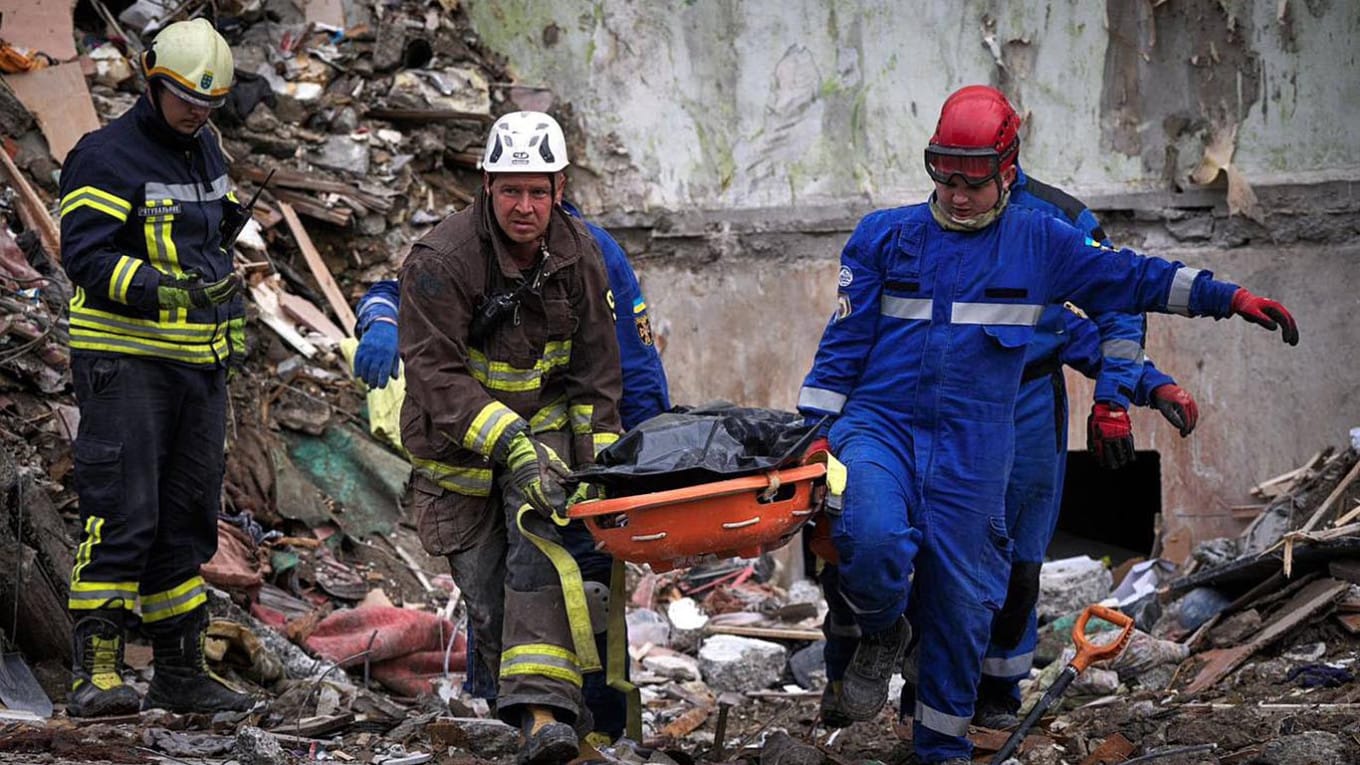
President Volodymyr Zelenskyy denounced the strike on Kyiv as state terrorism, calling for an emergency United Nations Security Council meeting and demanding increased air defense support from Western nations. He also emphasized the need for tougher international sanctions against Russia. Meanwhile, the Russian Ministry of Defense stated the attack targeted military infrastructure, but reality on the ground showed the majority of victims were civilians.
The global response to this tragedy was swift. Numerous countries in Europe and America highlighted serious violations of international humanitarian law, immediately offering additional military and humanitarian assistance to Ukraine. Calls for an independent investigation grew stronger amid concerns over the risk of conflict escalation involving wider parties. Countries such as Germany, France, and the United Kingdom reaffirmed their commitment to increased support, while others called for de-escalation and protection of civilians.
This attack not only deepens the humanitarian crisis in Ukraine but also greatly impacts global political and economic dynamics. Crude oil and gas prices surged sharply following the incident, adding pressure amid uncertainty over energy supplies from the conflict zone. Diplomatic pressure on Russia is also mounting, with discussions over economic isolation and restrictions on access to international financial systems becoming more frequent in various forums.
Additionally, the tragedy in Kyiv has triggered a new wave of refugees to safer regions and added psychological burdens on the Ukrainian people. Amidst the devastation, public solidarity—both domestically and internationally—continues to strengthen. The city government is accelerating the recovery of essential services and evacuating survivors, ensuring they receive adequate protection and medical assistance.
This event highlights the importance of global solidarity and compassion in responding to humanitarian crises. Today’s strike on Kyiv is a stark reminder that war brings deep wounds, not only for one nation but also for the stability and future of humanity as a whole. International support has become ever more crucial to encourage an end to violence and to protect every victim affected.


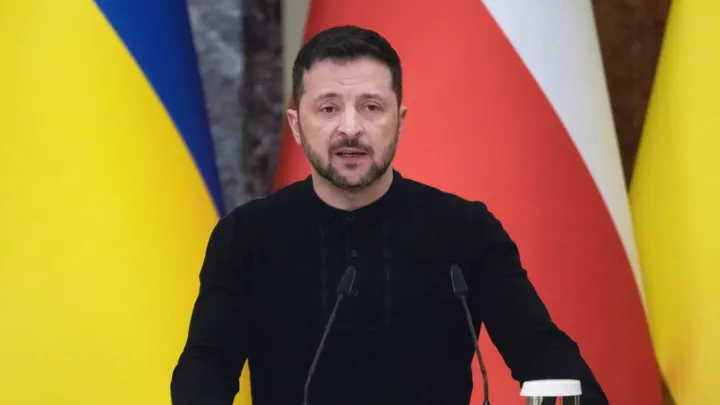
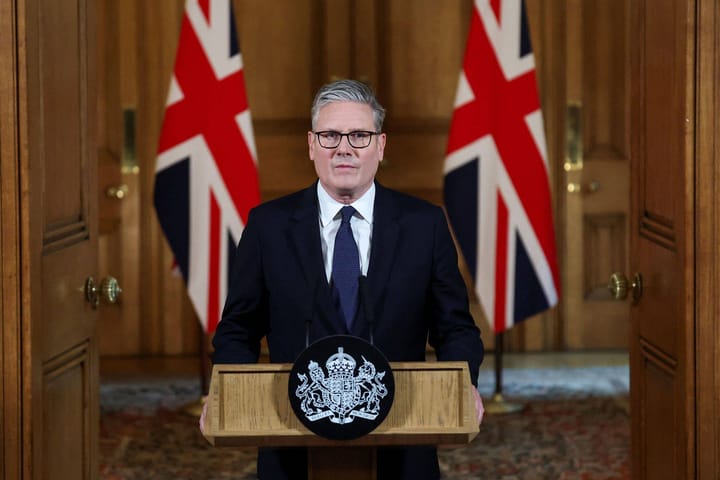
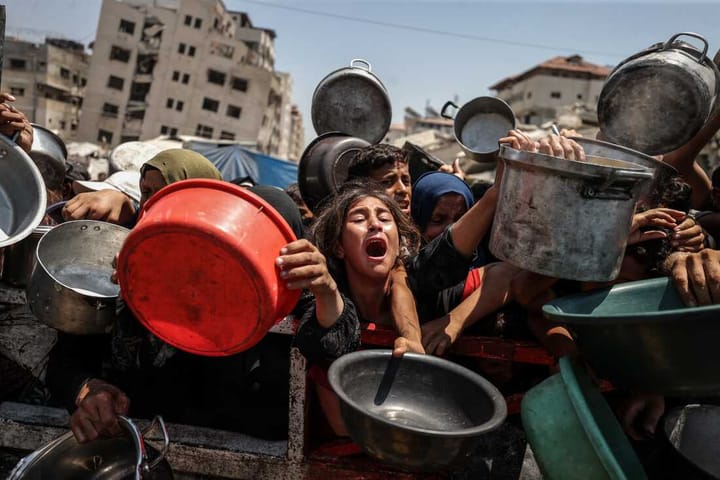
Comments ()